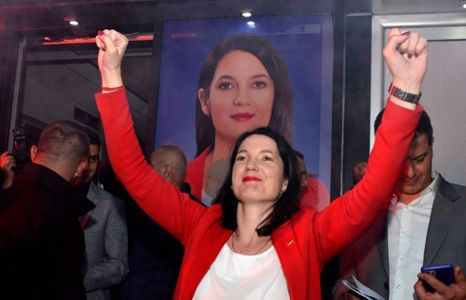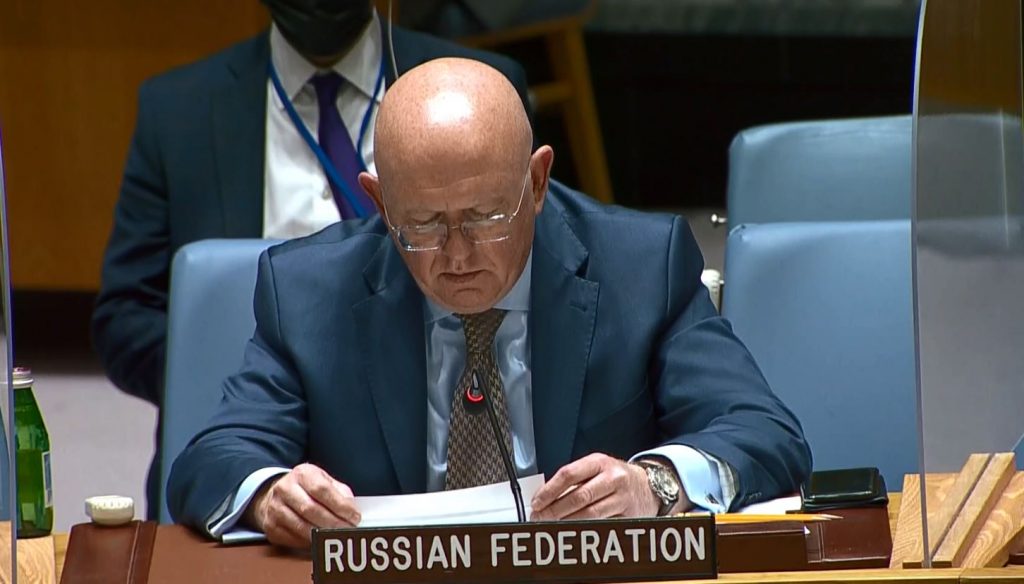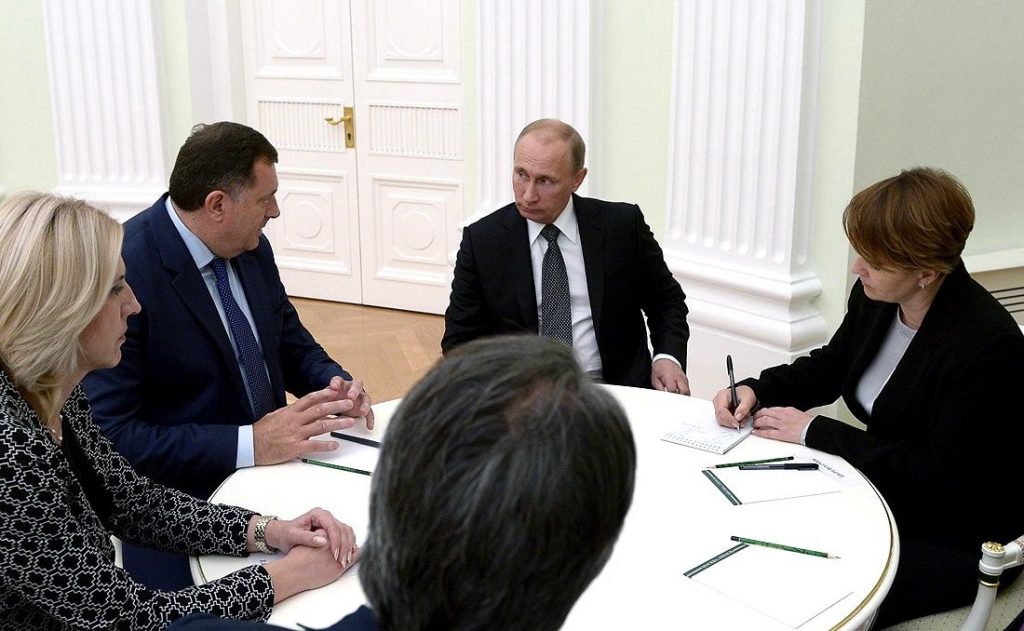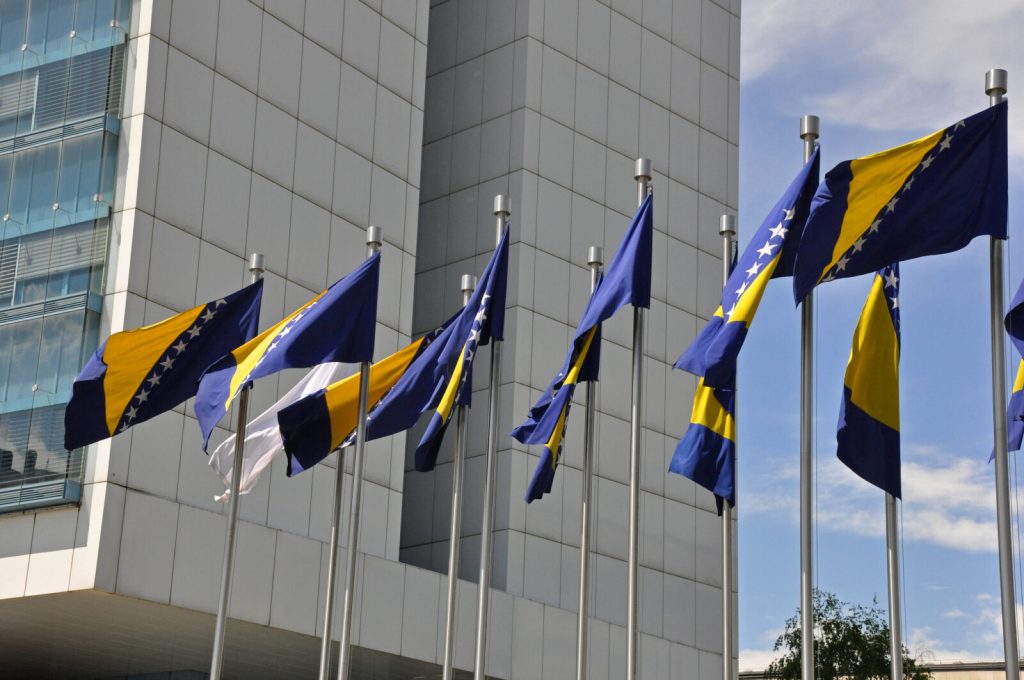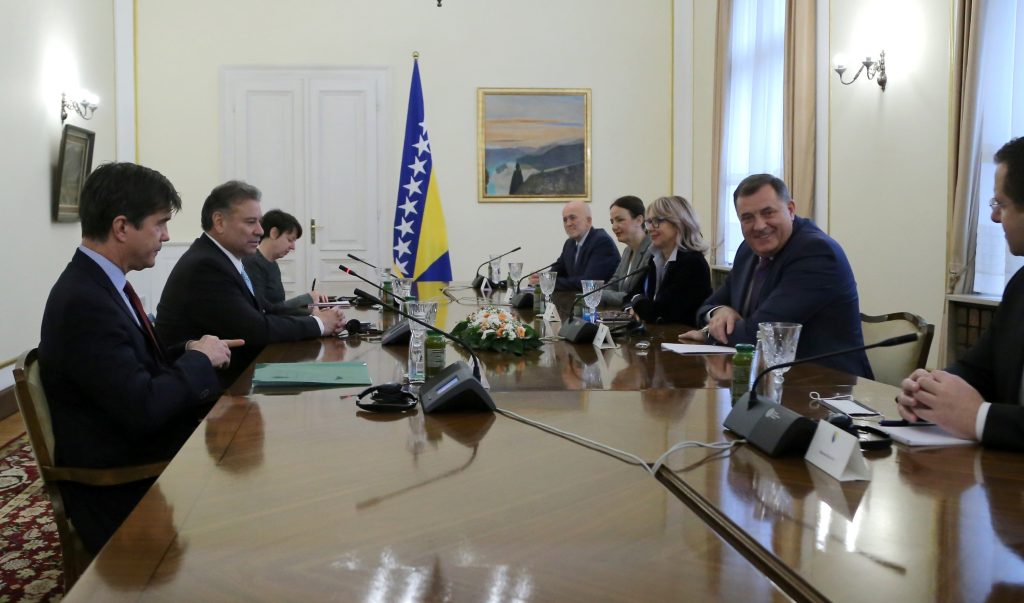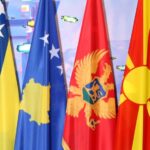The general elections in Bosnia and Herzegovina ended on Sunday 2 October with a turnout of 50% nationwide on the 3 million voters. It was voted for the renewal of all the institutional bodies of Bosnia and Herzegovina, both at the federal level and at the two entities – Republika Srpska and the Croatian-Muslim Federation, each of them has its own parliament, government and judicial bodies.
All in a context that is among the most difficult from an economic and political point of view after 27 years since the end of the dramatic civil war (1992-1995). War that followed the breakup of Tito’s former Yugoslavia.
Bosnia is at the bottom of the list of European countries for unemployment, average and minimum wages and percentage of people living in relative or absolute poverty with inflation currently at 17.7 percent, the highest since the end of the war in 1995, concluded with the Dayton Peace Accords.
Agreements that ended the war, but created a complicated labyrinth of jurisdictions that allow the three main ethnic groups to dominate domestic politics and exercise control over key decision-making processes.
Bosnia today has two main administrative units: the Republika Srpska (with a Serbian majority) and the Federation of Bosnia and Herzegovina with a Croatian-Bosnian majority. The latter is further divided into 10 cantons, while the north-eastern city of Brcko has been designated as an autonomous district. The result is a system with 14 different governments for a total of 136 ministers.
The presidency is tripartite, with each member elected for a four-year term representing one of the three ethnic groups, the parliament is bicameral, divided between deputies and the House of Peoples which has the duty to ensure that any proposed law does not violate the principle of Bosnia’s “vital” interest.
Given that 72 political parties, 38 coalitions and 17 independent candidates are present in the elections, we can safely say that the Dayton constitutional system has created one of the most complicated electoral systems by empowering the nationalists and creating a stalemate in politics with protracted crises. Post-war Bosnian politics dominated by nationalist parties did nothing but foment sectarian divisions.
In the last elections it seems that the Bosnian voters have clearly chosen above all the coalitions of reformist actors. Never before in these elections had there been such a strong vote against leaders and nationalist parties.
The real losers of these elections are undoubtedly the Democratic Action Party (SDA) of Bosnian Muslims and its leader Bakir Izetbegović (son of Alija Izetbegovic). It has never happened that a member of the Izetbegovic family has been defeated by the Social Democratic Party (SDP) since 1995. It was Denis Bečirovič who succeeded.
Perhaps it is no coincidence that Bečirovič, professor of contemporary history of the countries of south-eastern Europe and the future Bosnian member of the federal presidency comes from Tuzla, considered the most left-wing and least nationalist city in all of Bosnia and Herzegovina.
Another loser is the party of the Croatian Democratic Union of Bosnia (HDZ-BIH), the largest Croatian party. The presidential candidate of the nationalist Bosnian Croat party lost the competition to Zeljko Komšić, leader of the Democratic Front, a multi-ethnic party of social democratic inspiration.
Komšić obtained 53.6% of the votes against 46.4% of Borjana Krišto. Zeljko Komsic, himself a former Social Democrat and now head of the party of the Democratic Front.
The victories of Becirovic and Komsic mean that for the first time in history the majority of the Bosnian executive will be made up of leftists and anti-nationalists.
A different scenario instead in the Republika Srpska. The winner is the Party of Independent Social Democrats (SNSD) of Republika Srpska, Bosnia’s Serb-majority entity.
The party has little to do with the name and represents the strongest secessionist force in the country, openly supported also by Vladimir Putin. The role of Serbian member of the presidency will be held by Željka Cvijanović, the first woman ever to be elected to the tripartite presidency.
Cvijanović is a staunch supporter of Milorad Dodik, former federal president and now elected for the third time as president of the Republika Srpska (RS).
Milorad Dodik, a populist and friend of Putin and the outgoing president has decided to be elected as president of the RS.
His election was particularly critical. In fact, immediately after the closing of the polls, her rival, equally nationalist and pro-Serbian, Jelena Trivić of the Democratic Progress Party (PDP) had declared herself the winner, even starting the street celebrations. But the counting of the real votes, however, has overturned the prediction giving the victory to Dodik by over 28 thousand votes (48.3% vs 43.2%).
Since the closing of the polls, Dodik and Trivic have engaged in a harsh verbal confrontation and in the aftermath of the elections the opposition in the RS asks for a recount of the votes.
The dangerous Western meddling
The real big surprise of these elections, however, was the more than questionable decision by the High Representative Christian Schmidt to impose the reform of the electoral law immediately after the polls closed.
The figure of the High Representative was established by the Dayton Accords to oversee compliance with the peace accords, as well as the sovereignty and territorial integrity of the country. It is recognized with the so-called “Bonn Powers”, which means that broad executive authorities make it possible to execute binding decisions if local administrations prove incapable or reluctant to act.
It was these powers that Schmidt used to amend the country’s electoral law on October 2 without even giving the country’s new parliamentary assembly court an opportunity to present its own reform package.
Schmidt has decided to impose changes with immediate effect regarding the indirect election of the House of Peoples, thus continuing on the path taken in July this year when he had decided to introduce a series of technical changes to the electoral legislation.
As stated in a press release released by the Office of the High Representative, the purpose of the new package of amendments to the electoral law is to improve the functioning of the institutions of the BiH Federation and to ensure that the citizens’ will, democratically expressed, is respected.
The amendments in question concern the post-electoral negotiations and the formation of the bodies of power elected by indirect suffrage, providing for the introduction of some mechanisms aimed at avoiding the blocking of the institutions, as well as stricter deadlines to ensure the proper functioning of the political system of the FBiH. There are also some penalties for non-compliance with the new deadlines.
But in reality Schmidt helped cement a nationalist status quo and provide an extraordinary monopoly of power to one of the nationalist parties that make up the ruling oligarchy, the HDZ, in the Croatian chamber caucus, and thus the entire chamber, as they are needed only two thirds of a caucus to invoke a veto.
In addition to the specific content of the changes that would favor the Croatian nationalists, there were above all two elements: the timing and the appropriateness of this choice.
It is evident that changing the rules of the game a moment after the game is over is not only inappropriate, but even dangerous for the stability of the institutions. Imposing new rules is a political choice that significantly discredits both the democratic voting mechanism and the legitimacy of the institutions themselves.
A clear interference by the High Representative considered by many analysts to be excessive and undemocratic.
The EU delegation in Bosnia and Herzegovina immediately distanced itself from Schmidt’s decision. “The EU takes note of the High Representative’s decision to amend the BiH Federation Constitution and BiH Electoral Law. This is a decision taken solely by the High Representative. The executive powers of the High Representative (Bonn powers) should only be used as a measure of last resort against irremediable wrongdoing”’ is written in a press communicate released by the EU delegation in BiH.
The statement states that improving the functioning of Bosnian-Herzegovinian institutions is the main priority on BiH’s road to EU membership.
Applause instead came from the US embassy which spoke of “urgent and necessary action” aimed at “strengthening the stability and functionality of Bosnia and Herzegovina”.
Clearly, however, the High Representative not only went against the country’s constitution formally regarding the primacy of the European Convention on Human Rights, but acted in support of a nationalist and extremist party that has spent years in obstructing the formation of the government and explicitly coordinating its moves with the breakaway SNSD party of the RS (the former enjoys the support of Zagreb and Budapest and the latter the support of Belgrade and Moscow). And he did so right after the polls closed where Bosnian citizens had clearly demonstrated their growing opposition to the nationalist establishment.
The political fallout remains to be seen. In any case, the new representatives will have to deal with the strong protagonism of the High Representative who, contrary to what one would expect, could also slow down the democratization process and the political independence of the country, imposing their own choices in case stall.
According to analyst Jasmin Mujanovic, Bosnia could become less stable thanks to the action of Schmidt who has objectively discouraged compromise and moderation between local and regional leaders.
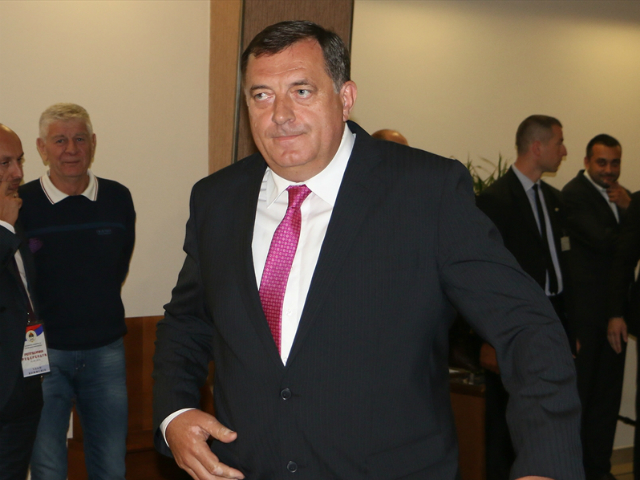
Read also: Dodik’s madness seeks approval to Putin
Post Author
Author
-

Researcher on International Relations Middle East and Balkans
View all posts
CSSII- Centro Interdipartimentale di Studi Strategici, Internazionali e Imprenditoriali,
Università di Firenze, Italy, Albania


